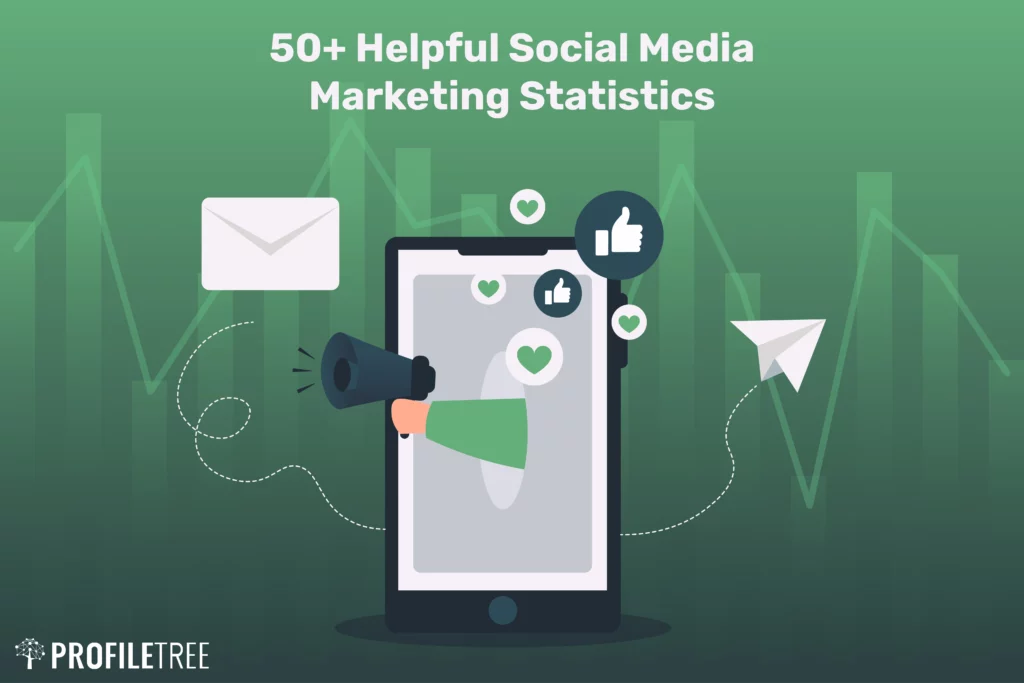Have you ever double-tapped a picture of a luxurious lifestyle, only to be bombarded with messages promising you the same… for a small investment? Or perhaps swiped right on a charming profile, only to discover it was a catfish waiting to reel in your bank account?
If you’ve ever felt a pang of excitement followed by a gut-wrenching realisation that you’ve been a victim of social media scamming, you’re not alone. In the UK, these deceptive cons are on the rise, leaving a trail of broken hearts, empty wallets, and shattered trust in their wake.
The statistics are sobering; in 2023, UK residents reported losing a staggering £580 million to online cons initiated on social media platforms. That’s a shocking increase compared to the previous year, a stark reminder that the “like” button has become a gateway to sophisticated scams. But it’s not just the numbers that are alarming. The victims range from teenagers lured by fake scholarships to grandparents targeted by impersonation scams. The emotional toll is undeniable, with anxiety, depression, and even financial hardship becoming grim realities for those who fall prey.
Coming up next, we’ll delve into the shocking reality of social media scams in the UK, exposing the latest trends, uncovering the most vulnerable demographics, and revealing the true financial impact.
Social Media Scamming Statistics in the UK: Unpacking the Numbers!

Think scrolling through social media was all fun and memes? Think again. While we share cat videos and connect with loved ones, a sinister side lurks beneath the surface – a breeding ground for scams exploiting trust and vulnerability. But just how prevalent are these cons, and how big of a dent are they putting in our wallets? Let’s delve into the eye-opening statistics that paint a stark picture of the social media scamdemic in the UK.

In 2023, the amount of fraud committed in the UK more than doubled, reaching a staggering £2.3 billion. This marked the second-biggest year for scams in the last two decades. The rise in reported cases was significant, with an 18% increase to a three-year high. Notably, high-value cases over £50 million surged by 60% year-on-year. Half of these high-value frauds exceeded £200 million.
But the story doesn’t end there. This isn’t just a general increase across the board. Specific scam types are witnessing their own alarming trends. Romance scams, preying on emotional vulnerability, saw a 35% increase in reported losses from 2022 to 2023. Don’t underestimate the allure of fake profiles and orchestrated online “love stories” – their impact is real and financially devastating. Meanwhile, investment scams, promising unrealistic returns, lured victims into losing a collective £18 million in 2023. And let’s not forget the ever-present phishing scams, cleverly disguised emails or messages tricking users into revealing personal information. Their presence on UK social media platforms is significant, highlighting the evolving tactics of online predators.
The human cost of these scams is undeniable, but the financial impact shouldn’t be overlooked. Imagine losing your hard-earned savings to a fake investment opportunity or falling victim to a romance scam that drains your bank account. Unfortunately, these scenarios are all too real in the UK. The average reported loss per victim in 2023 was £532, a worrying figure that underscores the devastating financial consequences of falling prey to these cons. The broader economic impact is also substantial, with businesses losing productivity and revenue due to employee scams and financial institutions facing increased fraud-related costs.
Who’s Most Vulnerable? Understanding the UK Target Audience!
Social media scams don’t discriminate, but statistics reveal some worrying trends regarding who falls victim most often. Knowing these vulnerabilities empowers us to protect ourselves and our loved ones better.
Age and Digital Literacy: Not surprisingly, young adults (18-24) and older adults (65+) are disproportionately targeted. Young adults, with their inherent digital savviness, might seem immune, but their eagerness for financial independence and susceptibility to social media trends can make them vulnerable to investment scams and fake influencer endorsements. Older adults, on the other hand, may lack the digital literacy or awareness to recognize sophisticated phishing attempts or impersonation scams. The National Cyber Security Centre (NCSC) highlights the importance of intergenerational conversations about online safety and resources like Get Safe Online to bridge the digital divide.
Profession and Trust: Beyond age, specific professions are also at risk. Teachers and healthcare workers, known for their trustworthiness and helpful nature, are often targeted by fake charity scams or impersonation attempts. Small business owners eager to expand their reach might fall prey to social media marketing scams or fake influencer partnerships. Remember, trust is a double-edged sword in the digital world. While it’s important to be helpful and engaged, verifying information and exercising caution are crucial before taking any action.
Social Media Habits and Vulnerability: Our online behaviour plays a significant role, too. Heavy social media users are more likely to encounter scams simply due to increased exposure. Additionally, those who readily share personal information on their profiles or engage with unverified accounts are more susceptible to targeted scams. Remember, privacy settings exist for a reason, and it’s always better to be cautious than overshare.
Location & Local Scams: While statistics reveal national trends, remember that scams often exploit local contexts and communities. For example, a study by Citizens Advice Scotland identified a surge in scams targeting rural communities in 2023, exploiting their relative isolation and lack of immediate access to support networks. Additionally, specific ethnic groups may be targeted with scams leveraging cultural traditions or language barriers. Understanding these local nuances within the UK context is crucial for effective prevention and support.
The Cost of Clicking: The Financial Fallout in the UK!

Social media scams aren’t just emotional rollercoasters; they inflict real financial damage on individuals and the wider UK economy. Beyond the raw numbers, understanding the breakdown of losses paints a sobering picture, highlighting the urgent need for awareness and prevention.
1. Individual Losses: Beyond Averages: While the average reported loss per victim in the UK stands at £532, that single figure masks a harsh reality. Some scams, like investment cons, can lead to devastating losses in the thousands, leaving victims struggling to recover financially and emotionally. Additionally, the impact isn’t just monetary. Time spent resolving the scam, dealing with its aftermath, and potentially seeking legal recourse adds another layer of hardship.
2. Beyond Individuals: Broader Economic Impact: The financial sting of these scams goes beyond individual victims. Businesses can also fall prey to social media cons, losing significant sums through employee scams like impersonation fraud or fake invoice schemes. These incidents disrupt workflow, damage business reputation, and ultimately impact productivity and revenue. Moreover, financial institutions face increased costs due to fraudulent transactions and chargebacks associated with social media scams, pushing these costs onto consumers through higher fees and stricter account security measures.
3. Hidden Costs: The Ripple Effect: The true cost of social media scams extends beyond direct financial losses. The emotional toll on victims can lead to anxiety, depression, and even financial stress, potentially impacting their employability and well-being. Furthermore, the fear and distrust created by these scams can erode public confidence in online interactions, hindering potential economic opportunities and social connections.
4. Investing in Awareness: The Path Forward: The financial and societal costs of social media scams highlight the importance of investing in awareness and prevention efforts. By educating individuals about common scam tactics, empowering them with tools and resources for safe online navigation, and encouraging open communication about scam experiences, we can create a more resilient digital landscape in the UK. Remember, every informed citizen and protected business acts as a barrier against online predators, collectively reducing the financial and social harm inflicted by these deceptive schemes.
Common UK Social Media Scams
By understanding the common tricks and traps employed by UK-based social media scammers, you can significantly bolster your defences and navigate the online world with confidence.
1. Fake Profiles & Impersonation: Ever receive a friend request from someone who seems familiar, but something feels off? Beware of fake profiles! Scammers meticulously craft identities resembling real people, often targeting friends, family, or colleagues. Once trust is established, they may request financial assistance, spread misinformation, or attempt to steal personal information. Remember to verify identities through alternative channels before engaging with suspicious profiles.
2. Phishing Links & Disguised Messages: Those enticing “win a luxury holiday” posts often hide a sinister truth. Phishing scams lurk within seemingly harmless links or messages, directing you to fake websites designed to steal passwords, bank details, or personal information. Be wary of unsolicited messages, grammatical errors, and offers that seem too good to be true. Verify URLs before clicking, and never share sensitive information through suspicious channels.
3. Giveaway Offers & Fake Investments: The allure of quick riches is a powerful bait. Scammers exploit this by orchestrating fake giveaways or investment opportunities promising unrealistic returns. Remember, legitimate giveaways don’t require excessive personal information or upfront fees. Research investment opportunities thoroughly before committing, and be wary of unsolicited offers promising high returns with low risk.
4. Romance Scams & Emotional Manipulation: Preying on vulnerability, romance scams build emotional connections online, gradually gaining trust and affection. Once hooked, scammers exploit these emotions to solicit money, gifts, or even financial information. Stay cautious of overly intense online relationships, be wary of requests for money, and verify identities before getting emotionally invested.
5. Fake Charity Appeals & Emotional Triggers: Unfortunately, scammers exploit even our compassion. Disguised as legitimate charities, they leverage real-world tragedies or emotional triggers to solicit donations. Before donating, research the charity’s legitimacy, verify its website and registration details, and avoid donating through suspicious links or platforms.
Finally, don’t let fear cripple your online engagement. Social media can be a vibrant space for connection and discovery. By equipping yourself with the right tools and knowledge, you can transform from a potential victim into a scam-savvy hero, ready to navigate the digital landscape with confidence and protect yourself, your loved ones, and your hard-earned cash. Remember, you are not alone in this fight. Together, we can create a safer, more secure online space for everyone. So, stay informed, stay vigilant, and most importantly, stay empowered!


